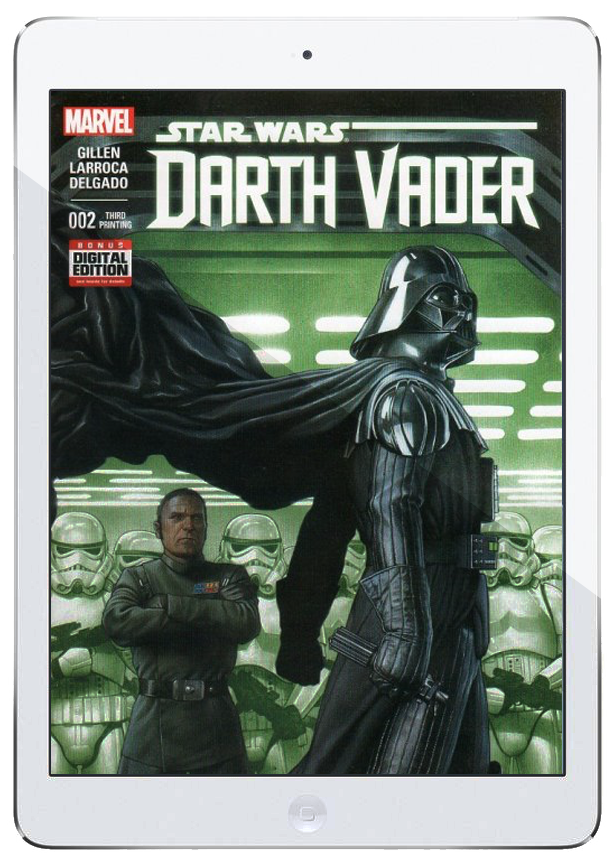 Matthew Ingram, writing in Fortune, waxes nostalgic for a moment in a recent article.
Matthew Ingram, writing in Fortune, waxes nostalgic for a moment in a recent article.
“Back in the good old days of traditional media, advertisers and publishers were the best of friends. Publishers of newspapers and magazines and other things enjoyed a monopoly on information distribution, and therefore commanded a large share of the attention of readers, and advertisers piggy-backed on that monopoly, which in turn helped to pay the freight for all of that content,” Ingram explains.
Those days are gone, he insists, and the ad business has gone from partner and friend of publishers to adversary and threat.
How has this happened? In large part because traditional publishers no longer hold the monopoly on eyeballs. Instead, platforms like Facebook have gotten incredibly good at pinpointing target audiences and serving up relevant messages.
But let’s not think that the digital advertisers have it made in the shade. Far from it, explains Ingram, when you consider that “digital advertising generates orders of magnitude less than it used to” thanks to fraud, the limitless number of potential web pages on which to advertise, and the increasing use of ad blockers and filters.
“This has also proven to be a disaster for readers and web users,” Ingram notes.
“The combination of publishers’ desperation to generate more revenue and the rise of programmatic and other tools has created a kind of perfect storm. The result is a web filled with useless and annoying banner ads, popups, pop-unders, page takeovers, un-killable auto-play videos and other monstrosities—including the use of literally hundreds of tracking agents, cookies, super-cookies and other invasive tools.”
Enter Facebook and Apple and their new initiatives to host the news, and its small wonder that publishers are climbing on board, even if it’s a terrible idea. Some, like Ryan Chittum at the Columbia Journalism Review, are clear: “The news business should refuse Facebook’s deal.” (Chittum is quoted in this article by Ben Johnson.) John Gruber likened the deal to “Lando’s deal with Vader in The Empire Strikes Back.”
Those who go all in on this may find themselves in a very difficult position, unable to track their own digital readership and leverage that data in any kind of productive way.
Meanwhile advertisers will continue to recognize the power of print ads as a key top-of-funnel channel. Yes, there will be digital advertising in every publisher’s strategy; this is a multi-channel world. But the knee-jerk acceptance of the next digital development as de rigueur is no longer a sensible way to do business.
